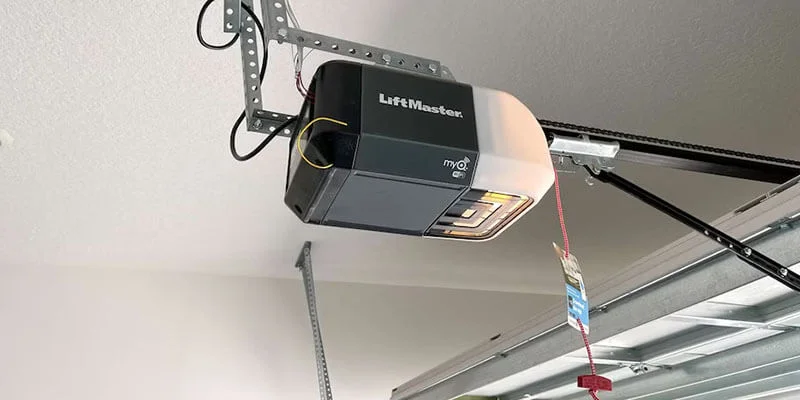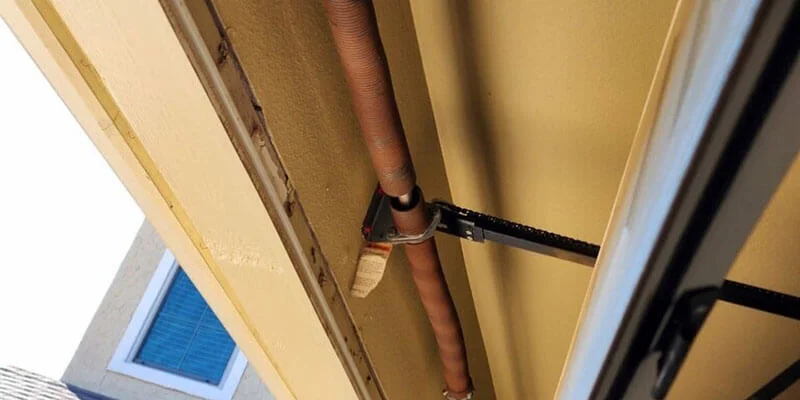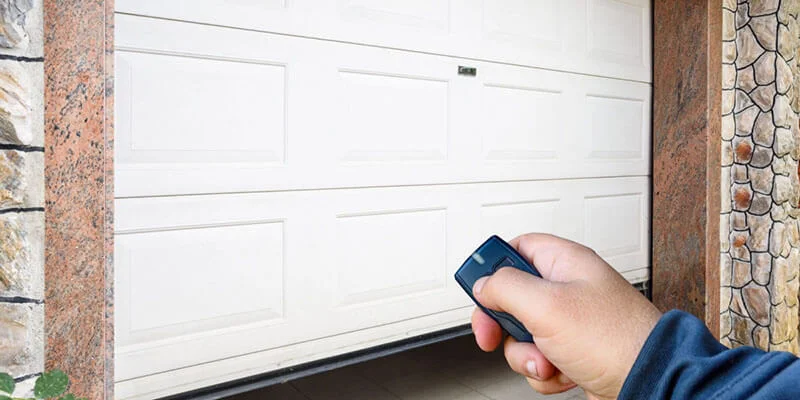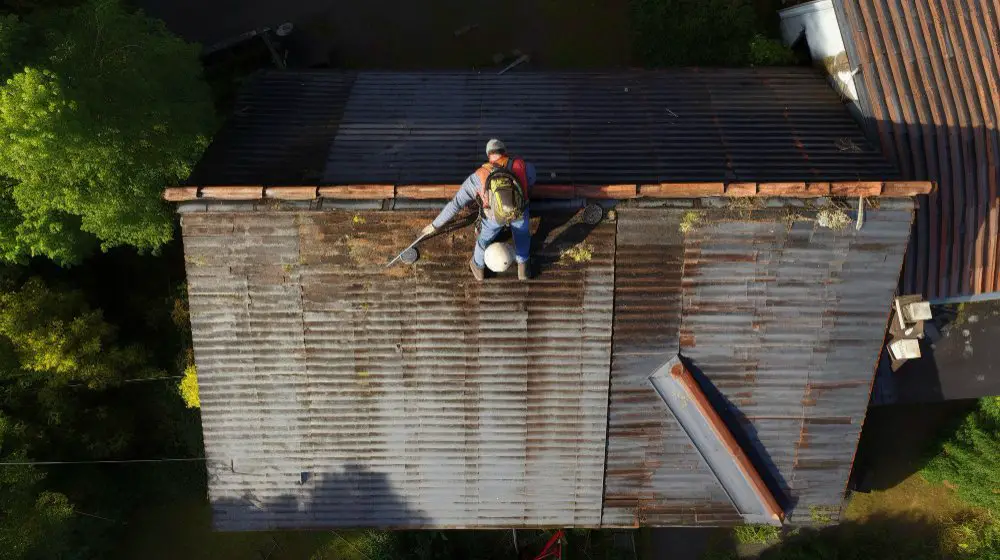Water heaters are an essential component of modern homes, providing the comfort of hot water for daily activities like showering, washing dishes, and laundry. However, when a water heater malfunctions, it can disrupt daily life and cause stress. Understanding common water heater repair issues and knowing how to solve them can save homeowners time, money, and inconvenience. This article explores these common issues and offers practical solutions.
Understanding Your Water Heater
Water heaters come in various types, including tankless, storage, gas, and electric models. Each type has unique components, but all typically include a heating element, a thermostat, and a tank or system to deliver hot water. Knowing the type of water heater you have is the first step in troubleshooting any issues that arise.
Common Water Heater Repair Issues
1. No Hot Water
One of the most common issues is a lack of hot water. For electric heaters, this could be due to faulty heating elements or a tripped circuit breaker. Gas water heaters may experience issues with the gas supply or pilot light. Often, homeowners can reset the circuit breaker or relight the pilot light as a DIY fix. It’s time to contact an expert if these actions are unsuccessful.
2. Inadequate Hot Water
If your water heater is producing some, but not enough, hot water, the issue could be a malfunctioning thermostat or a water tank that’s too small for your household’s needs. Adjusting the thermostat might solve the problem. If not, consult with a professional to discuss whether a larger tank is needed.
3. Water Heater Leaks
Leaks can stem from tank corrosion, loose connections, or a faulty temperature and pressure relief valve. While tightening loose connections can be a DIY job, tank leaks often require professional repair or replacement.
4. Unusual Noises
Sounds like banging, knocking, or rumbling typically indicate sediment build-up in the tank. Flushing the tank can remove this sediment. However, if the noise persists, there might be other issues at play, warranting a professional inspection.
5. Water Temperature Issues
Issues with water being too hot or not hot enough are often due to thermostat problems. Homeowners can try adjusting the thermostat. If this doesn’t fix the issue, the thermostat may need to be replaced.
Preventative Maintenance Tips
Regular maintenance is key to extending the life of your water heater and preventing future problems. Here are some essential maintenance tasks:
1. Annual Tank Flushing
Sediment build-up can reduce your water heater’s efficiency and clog water lines. Flush the tank annually to remove this sediment.
2. Inspecting the Anode Rod
Inside the tank, the anode rod aids in preventing corrosion. Check it every two to three years and replace it if it’s heavily corroded.
3. Checking the Pressure Relief Valve
In the event that internal tank pressure rises too high, this valve releases it. Test it yearly by lifting the lever and ensuring water flows freely and stops when you let go.
4. Monitoring Water Temperature
Keep an eye on the water temperature. If you notice significant fluctuations, check the thermostat settings.
5. Regular Inspection for Leaks and Corrosion
Periodically inspect your water heater for any signs of leaks or corrosion on the tank and associated piping.
6. Professional Inspections
Schedule a professional inspection annually. A professional water heater service company can identify issues that may not be apparent to the untrained eye.
7. Insulating Older Units
If you have an older water heater, consider insulating it to improve efficiency and reduce heating costs.
8. Clearing the Area Around the Heater
Keep the area around your water heater clear of debris and clutter to ensure proper ventilation and easy access for maintenance or repairs.
Recognizing and addressing common water heater issues promptly can prevent minor problems from escalating into bigger, more expensive repairs. While some issues can be fixed with DIY solutions, don’t hesitate to call a professional for more complex problems to ensure safety and efficiency.
FAQs
Q: How often should I flush my water heater tank?
A: It’s recommended to flush your water heater tank at least once a year to remove sediment build-up.
Q: What should I do if I smell gas near my gas water heater?
A: If you smell gas, it’s important to turn off the gas supply and call a professional immediately, as this could indicate a dangerous leak.
Q: Can hard water affect my water heater’s performance?
A: Yes, hard water can lead to more rapid sediment build-up in the tank and on heating elements, affecting both efficiency and longevity. Installing a water softener can help mitigate these effects.
Q: Is it necessary to replace my water heater after a certain number of years?
A: While water heaters typically have a lifespan of 8-12 years, the actual need for replacement depends on its condition and performance. Regular maintenance can extend its life, but if you’re experiencing frequent repairs or efficiency issues, it might be time to consider a replacement.
Q: What’s the best temperature setting for my water heater to ensure efficiency and safety?
A: The ideal temperature setting for both efficiency and safety is typically around 120°F. This temperature reduces the risk of scalding while also being hot enough to meet most household needs and minimize sediment build-up and energy use.


















